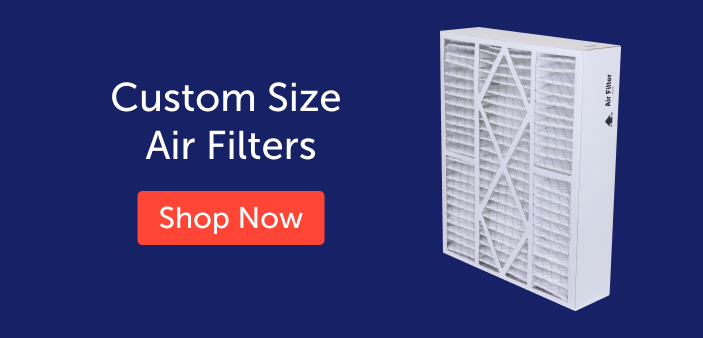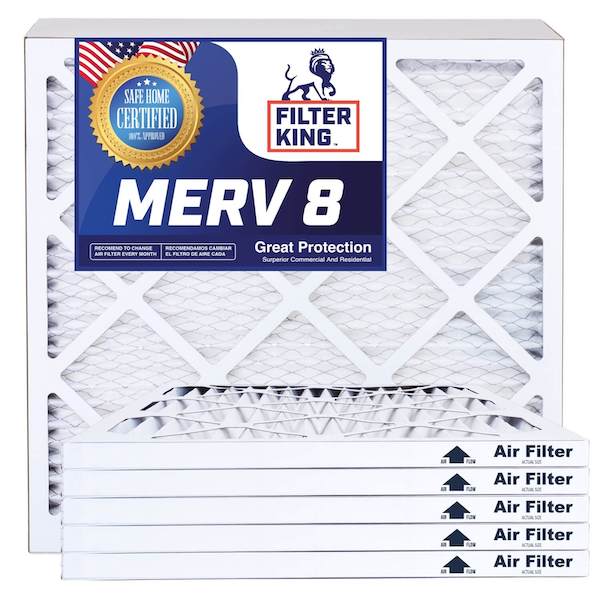The Impact of Air Quality on Data Center Performance
Undoubtedly, air quality directly impacts the performance and longevity of data center equipment. High temperatures and contaminants in the air can cause various issues, including premature equipment failure, reduced efficiency, and increased operational costs. Therefore, maintaining clean and properly cooled air is vital for optimal data center performance.
One of the primary concerns in data centers is heat management. The servers and other equipment generate a significant amount of heat, which, if not properly dissipated, can lead to overheating and subsequent system failures. Air conditioning systems and cooling mechanisms are employed to regulate the temperature and prevent any adverse effects on the equipment.
In addition to temperature control, air quality plays a crucial role in preventing the accumulation of dust and other contaminants. These particles can infiltrate the sensitive components of the data center equipment, leading to malfunctions and reduced performance. Air filters are used to trap and remove these contaminants, ensuring a clean and particle-free environment for the equipment to operate in.
Different Types of Air Filters for Data Centers
There are various types of air filters available for data centers, each offering unique advantages based on specific requirements. Understanding the different types can help data center operators make informed decisions when selecting the appropriate filters for their facilities.
Pleated filters are one common type of air filter used in data centers. These filters have a larger surface area compared to flat filters, allowing for better particle capture and extended filter life. They are often made from synthetic materials that are resistant to moisture and microbial growth, ensuring a clean and healthy environment for the equipment.
HEPA (High-Efficiency Particulate Air) filters are another popular choice for data centers that require a higher level of filtration. These filters are capable of capturing particles as small as 0.3 microns with an efficiency of 99.97%. HEPA filters are essential in environments where sensitive equipment is present, such as research laboratories or cleanrooms.
Electrostatic filters utilize an electrostatic charge to attract and capture particles. These filters are effective in removing both larger and smaller particles from the air. They can be either washable or disposable, providing flexibility in terms of maintenance and cost.
When selecting the right filter type for a data center, factors such as the desired level of filtration, air flow requirements, and budgetary considerations must be taken into account. Collaborating with HVAC (Heating, Ventilation, and Air Conditioning) professionals can help ensure that the chosen filters align with the specific needs of the data center.
Key Benefits of Air Filters in Data Centers
Installing air filters in data centers provides several significant benefits that directly contribute to the efficiency, longevity, and cost-effectiveness of data center operations.
Enhancing Equipment Longevity
By ensuring clean and filtered air, air filters help extend the lifespan of data center equipment. Removing contaminants prevents the build-up of dust and debris on sensitive components, reducing the risk of equipment failure caused by overheating or electrical shorts. This longevity not only avoids costly repairs but also allows businesses to extract maximum value from their IT investments.
Improving Energy Efficiency
Air filters help optimize energy efficiency in data centers by facilitating better airflow management. When unfiltered air with particulate matter circulates through the data center, it can restrict airflow and cause cooling systems to work harder. By improving air quality, filters reduce the strain on cooling systems, leading to reduced energy consumption and lower operating costs.
Reducing Maintenance Costs
Implementing air filters in data centers can also result in significant savings on maintenance costs. By preventing the build-up of dust and debris on equipment, filters reduce the frequency and complexity of cleaning operations. This not only saves time and labor but also minimizes the risk of damage during maintenance activities.
Selecting the Right Air Filter for Your Data Center
Choosing the appropriate air filter for a data center involves considering various factors to ensure optimal performance and compatibility with existing infrastructure.
Factors to Consider When Choosing an Air Filter
When selecting an air filter, it is essential to consider the specific needs of the data center. Factors such as the required level of particle filtration, airflow capacity, installation space, and environmental conditions all play a role in determining the most suitable filter for the facility.
Understanding Air Filter Ratings
Air filters are classified based on their efficiency in removing particles of different sizes. Understanding the different ratings, such as the Minimum Efficiency Reporting Value (MERV) or the High-Efficiency Particulate Air (HEPA) standard, is vital for making an informed decision regarding the level of filtration necessary for the data center.

 14x14x1
14x14x1